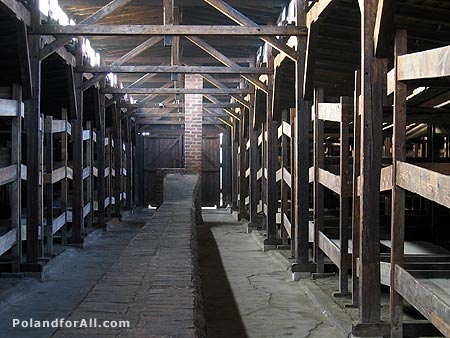 Few books have ever haunted me the way this one has. This is Levi’s final meditation on the horrors of the Holocaust. Levi was interned in Auschwitz and witnessed firsthand the terrible atrocities that occurred there. The Drowned and the saved is his attempt to understand what went on. In so doing he tries to understand not only the victims but the perpetrators as well. This is not a pleasant experience. Like everyone, I have been acquainted with multiple accounts and retellings of the events of the Holocaust. But this is something else entirely. Levi is not chronicling the events he witnessed but rather exploring the motivations behind them and plumbing the depths of their effects on the souls of the victims. This makes the investigation all the more painful. Shortly after writing this book the author threw himself off a fourth-story balcony.
Few books have ever haunted me the way this one has. This is Levi’s final meditation on the horrors of the Holocaust. Levi was interned in Auschwitz and witnessed firsthand the terrible atrocities that occurred there. The Drowned and the saved is his attempt to understand what went on. In so doing he tries to understand not only the victims but the perpetrators as well. This is not a pleasant experience. Like everyone, I have been acquainted with multiple accounts and retellings of the events of the Holocaust. But this is something else entirely. Levi is not chronicling the events he witnessed but rather exploring the motivations behind them and plumbing the depths of their effects on the souls of the victims. This makes the investigation all the more painful. Shortly after writing this book the author threw himself off a fourth-story balcony.
The title is a reference to the fact that the true story of the holocaust will never be told and could never be fully understood. This is because those who experienced its deepest horrors were drowned by them. “The destruction brought to an end, the job completed, was not told by anyone, just as no one ever returned to describe his own death. Even if they had paper and pen the drowned would not have testified because their death had begun before that of their body.” As depressing as I have made this book sound it is also beautiful and powerful. There were many discussions I found to be particularly profound. Chief among these is Levi’s effort to understand what he calls “the grey zone.” This is where good meets evil in the same individual at the same time, a phenomenon that was perhaps more evident in concentration camps than it has been anywhere else in history. The Nazi’s sought to bring their captives as far into the grey zone as possible by forcing them to commit atrocities against their fellow prisoners. Levi assumes their voice to describe their motivations for doing this: “We, the master race, are you destroyers, but you are no better than we are; if we so wish, and we do so wish, we can destroy not only your bodies but also your souls, just as we have destroyed ours.” This discussion is significant because everyone is susceptible to slip into their own grey zone.
As depressing as I have made this book sound it is also beautiful and powerful. There were many discussions I found to be particularly profound. Chief among these is Levi’s effort to understand what he calls “the grey zone.” This is where good meets evil in the same individual at the same time, a phenomenon that was perhaps more evident in concentration camps than it has been anywhere else in history. The Nazi’s sought to bring their captives as far into the grey zone as possible by forcing them to commit atrocities against their fellow prisoners. Levi assumes their voice to describe their motivations for doing this: “We, the master race, are you destroyers, but you are no better than we are; if we so wish, and we do so wish, we can destroy not only your bodies but also your souls, just as we have destroyed ours.” This discussion is significant because everyone is susceptible to slip into their own grey zone.
“…we too are so dazzled by power and prestige as to forget our essential fragility. Willingly or unwillingly we come to terms with this power, forgetting that we are all in the ghetto, that the ghetto is walled in, that outside the ghetto reign the lords of death, and that close by the train is waiting.” 
No comments:
Post a Comment